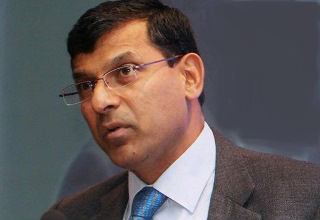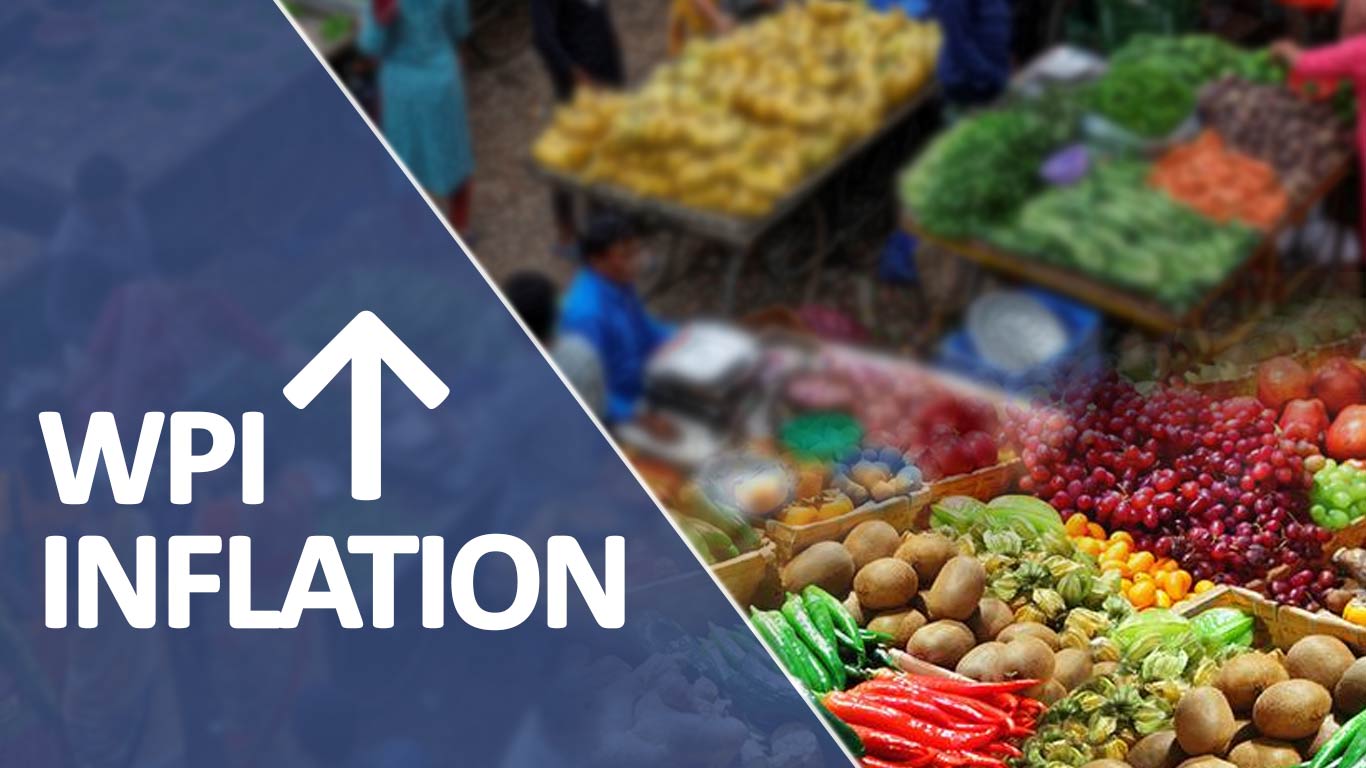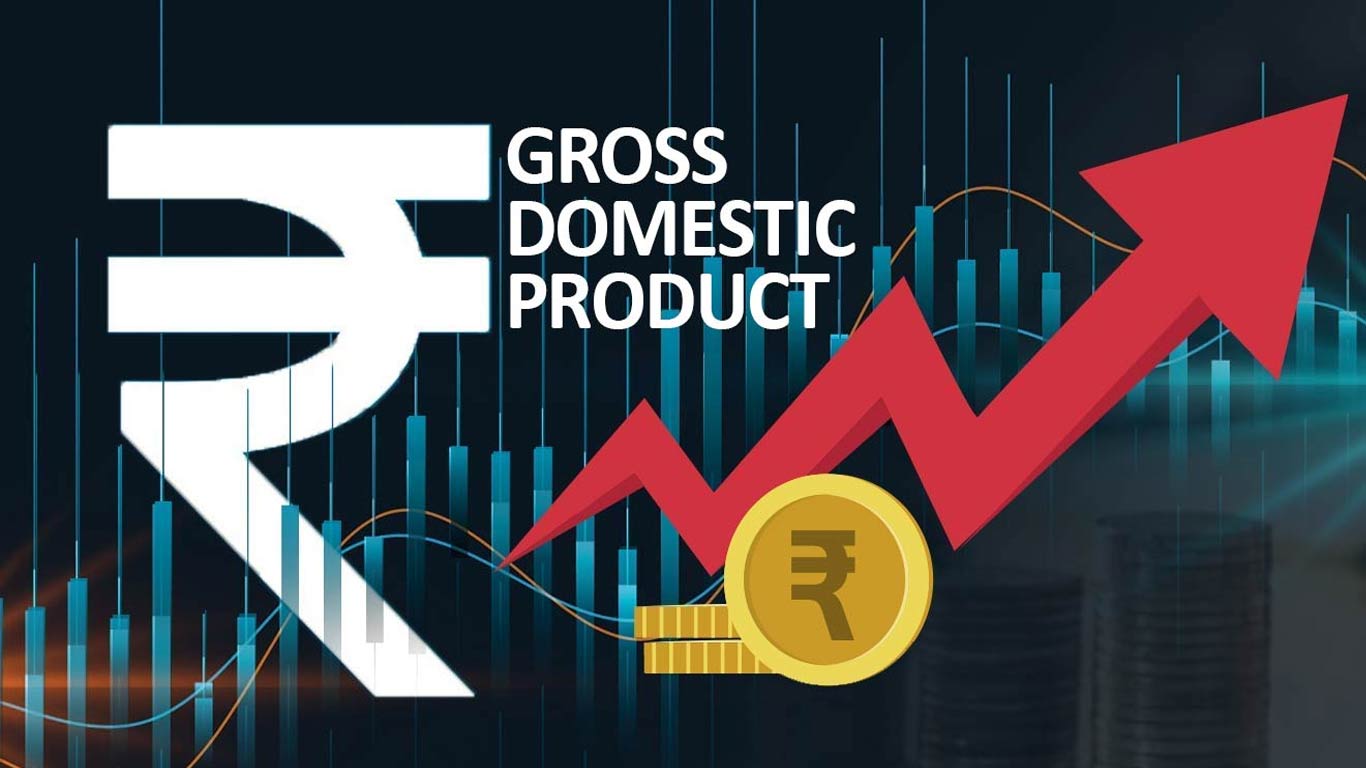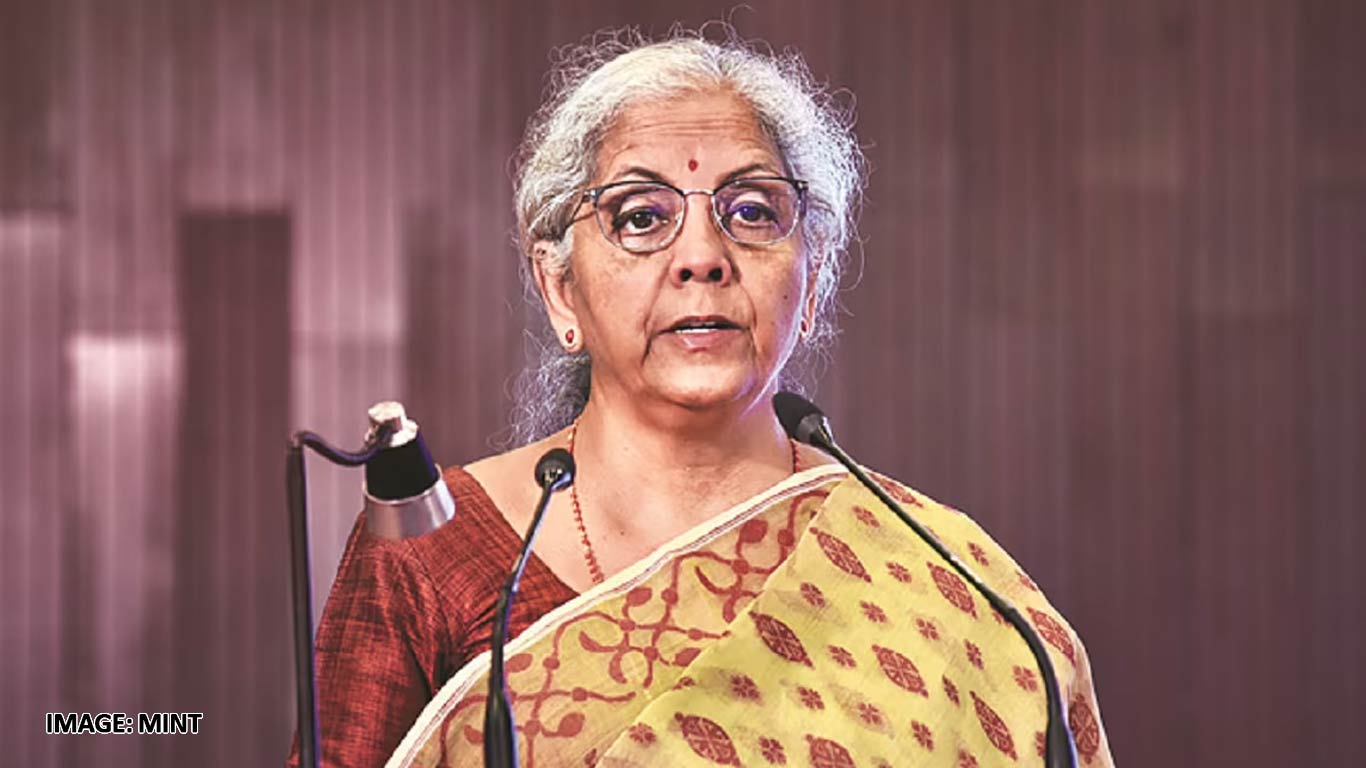Crony capitalism is one of the greatest dangers to growth of developing countries: Rajan
Updated: Aug 12, 2014 12:40:31pm

Addressing the Twentieth Lalit Doshi Memorial Lecture here yesterday, he said, “Even as our democracy and our economy have become more vibrant, an important issue in the recent election was whether we had substituted the crony socialism of the past with crony capitalism, where the rich and the influential are alleged to have received land, natural resources and spectrum in return for payoffs to venal politicians,”
He pointed out that by killing transparency and competition, crony capitalism is harmful to free enterprise, opportunity, and economic growth.
“And by substituting special interests for the public interest, it is harmful to democratic expression. If there is some truth to these perceptions of crony capitalism, a natural question is why people tolerate it. Why do they vote for the venal politician who perpetuates it?”
Our provision of public goods is unfortunately biased against access by the poor, said RBI Governor adding that in a number of states, ration shops do not supply what is due, even if one has a ration card – and too many amongst the poor do not have a ration card or a BPL card; Teachers do not show up at schools to teach; The police do not register crimes, or encroachments, especially if committed by the rich and powerful; Public hospitals are not adequately staffed and ostensibly free medicines are not available at the dispensary.
This is where the crooked but savvy politician fits in. While the poor do not have the money to “purchase” public services that are their right, they have a vote that the politician wants, he added.
“The politician does a little bit to make life a little more tolerable for his poor constituents – a government job here, an FIR registered there, a land right honoured somewhere else. For this, he gets the gratitude of his voters, and more important, their vote,” Rajan noted.
Of course, there are many politicians who are honest and genuinely want to improve the lot of their voters. But perhaps the system tolerates corruption because the street smart politician is better at making the wheels of the bureaucracy creak, however slowly, in favour of his constituents, he said.
The government intends to announce a scheme for full financial inclusion on Independence Day. It includes identifying the poor, creating unique biometric identifiers for them, opening linked bank accounts, and making government transfers into those accounts. “When fully rolled out, I believe it will give the poor the choice and respect as well as the services they had to beg for in the past. It can break a link between poor public service, patronage, and corruption that is growing more worrisome over time.”
Undoubtedly, cash transfers will not resolve every problem, nor are they uncontroversial. A constant refrain from paternalistic social workers is that the poor will simply drink away any transfers, he highlighted.
RBI Governor also raised concern whether cash transfers will become addictive – whether they become millstones keeping the poor in poverty rather than stepping stones out of it. “This is an important concern. Cash transfers work best when they build capabilities through education and healthcare, thus expanding opportunity, rather than when they are used solely for inessential consumption.”
Listing out the vision of how the RBI can speed up and enhance financial inclusion, he said that, “Financial inclusion in my view is about getting five things right: Product, Place, Price, Protection, and Profit.” (KNN/SD)











